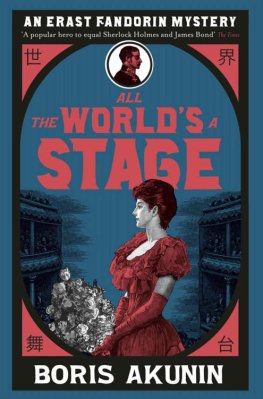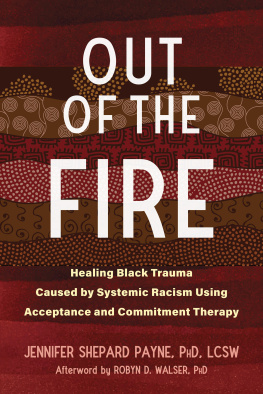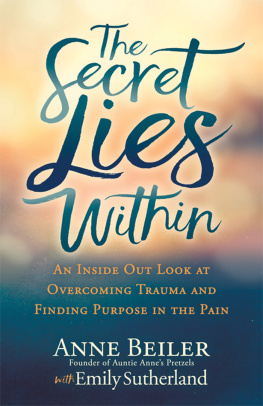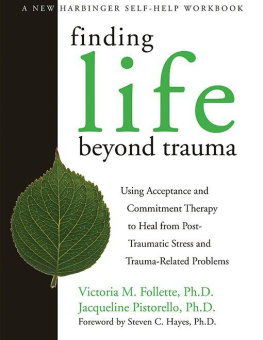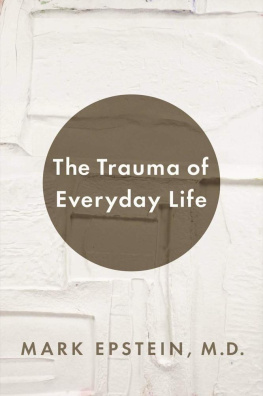Talking of Love on the Edge of a Precipice
BORIS CYRULNIK
Talking of Love on the Edge of a Precipice
Translated by David Macey
ALLEN LANE
an imprint of
PENGUIN BOOKS
ALLEN LANE
Published by the Penguin Group
Penguin Books Ltd, 80 Strand, London WC2R 0RL, England
Penguin Group (USA) Inc., 375 Hudson Street, New York, New York 10014, USA
Penguin Group (Canada), 90 Eglinton Avenue East, Suite 700, Toronto, Ontario, Canada M4P 2Y3
(a division of Pearson Penguin Canada Inc.)
Penguin Ireland, 25 St Stephens Green, Dublin 2, Ireland (a division of Penguin Books Ltd)
Penguin Group (Australia), 250 Camberwell Road, Camberwell, Victoria 3124, Australia
(a division of Pearson Australia Group Pty Ltd)
Penguin Books India Pvt Ltd, 11 Community Centre, Panchsheel Park, New Delhi 110 017, India
Penguin Group (NZ), 67 Apollo Drive, Mairangi Bay, Auckland 1310, New Zealand
(a division of Pearson New Zealand Ltd)
Penguin Books (South Africa) (Pty) Ltd, 24 Sturdee Avenue, Rosebank, Johannesburg 2196, South Africa
Penguin Books Ltd, Registered Offices: 80 Strand, London WC2R 0RL, England
www.penguin.com
First published in France
as Parler dAmour au bord de gouffre, 2005
This translation first published 2007
1
Copyright Boris Cyrulnik, 2005
Translation copyright David Macey, 2007
The moral right of the author and the translator has been asserted
Ouvrage publi avec le concours du Ministre franais charg de la culture Centre nationale du livre
Published with the support of the French Ministry of Culture/Centre nationale du livre
All rights reserved
Without limiting the rights under copyright
reserved above, no part of this publication may be
reproduced, stored in or introduced into a retrieval system,
or transmitted, in any form or by any means (electronic, mechanical,
photocopying, recording or otherwise), without the prior
written permission of both the copyright owner and
the above publisher of this book
A CIP catalogue record for this book is available from the British Library
Contents
I
Introduction
An Innocent Helper
If you want to look wise, all you have to do is keep quiet. But when you are sixteen, even chatting is like verbal mating: youre dying to talk.
I dont remember his first name. We called him Rouland, which was his surname, I think. He never said anything, but he had his own way of saying nothing. For some people, saying nothing is a way of hiding. They hang their heads and avoid other peoples eyes in order to cut themselves off. But when this young man put on his sombre look, it was his way of saying: Im watching you and Im interested in you, but Im keeping quiet so as not to give myself away.
I was captivated by Rouland because he could run fast. That was important to the Lyce Jacques Decourss junior rugby team. Although physical strength often allowed us to dominate the game, we used to lose because we did not have a fast winger. So I made friends with him. During our conversations, I had to do all the work: questions, answers, initiatives, decisions about training. One day, he suddenly said to me after a long silence: My mothers invited you to tea.
At the top of the rue Victor-Mass, near Pigalle, there was a cul de sac. It was like a village, with rough cobbles, fruit and vegetable stalls and a charcuterie. On the second floor there was a bijou flat. Rouland sat in silence on a sofa. I was stuffed with chocolate, cake and candied fruit, all served on little plates with gilt edges. Was I trying hard to pretend that I didnt know how his mother made her living in the rue Victor-Mass and the bars of Pigalle?
Fifty years later just a few months ago I had a phone call. Its Rouland. Im in your area. Could I see you for a few minutes? He was slim, smart, quite good-looking and a lot more talkative than he used to be. I went to business school. Business never interested me very much, but I preferred the company of books to that of friends who bored me and girls who terrified me. I wanted to tell you that you changed my life. Good God! I thought. He went on: I want to thank you for pretending not to know what my mother did for a living. He couldnt bring himself to say the word. It was the first time Id seen anyone show her any consideration. For years, I used to run the film through my mind: you acting innocent, a little too polite, perhaps, but it was the first time anyone had shown my mother any respect. That was the day when I regained hope. I wanted you to know that.
Although he had changed for the better, Rouland was still boring. We never saw each other again, but that encounter set me thinking. Living in my own little world, all Id wanted to do was recruit him as a wing three-quarter for the rugby team. I had no reason to despise that nice lady, even if she was strangely dressed. But in his little world, this incident had caused an upheaval. It had done him good. He had discovered that he did not have to be ashamed. With a third party looking on, he began to feel less tormented by what his mother did for a living and it was beginning to look as if he might find some inner peace. The psychological work remained to be done, but he was beginning to believe that it could be done because he had just realized that we can change the way we feel. My bad play-acting had acted out a meaning that was important to him. In my bored politeness, I had given him a little hope.
The two of us ascribed different meanings to the same behavioural scenario. They lay not in anything that was said or done, but in our private histories: for me, it was a minor incident, but for him it was an emotional upheaval. Fifty years later, I learned to my astonishment that I had acted as Roulands resilience tutor.
He believed in the light because he was living in the dark. Because I was living in full daylight, I could not see anything.breathe in a sheath that was so close-fitting that her breasts strained against it. Being a prisoner of the present, I was fascinated, but Rouland was living through a foundational moment.
The Annunciation of Olga
Olga sighs. At quarter to eight yesterday, a single sentence made my soul ache: You might never walk again. Before the accident, my life was just a succession of grey days. I was having a dreary time of it at university, with just a days skiing or a night of techno to liven things up from time to time. At quarter to eight, just one sentence tore my world apart. Someone had said it. At first, I was so numb that I felt no pain. It was only later that the agony began, and I realized that I hadnt lived my life to the full. Its so stupid. I should have had more good times. I should have enjoyed every second of my life. What do you want from me? asked the doctor. The truth, I said. But I was lying. There was just a chance that this was a bad dream. The last thing I wanted was to dash that hope. The truth is that I was hoping he would say it was just a bad dream.
A story without words had sown the seeds of hope in Roulands world, but one sentence had shattered Olgas world. No one who hears a sentence like that will ever be the same. They might come back to life to some extent, but their lives will never be the same because their soul is aching. They taste things as though for the first time, but they taste different now. They rediscover the pleasure of music, but it is a different pleasure. It is sharper and more intense because they almost lost it.
They experience a desperate pleasure. Olga was eighteen at the time and a student in Toulouse. She had not a minute to spare, what with her work, her skiing trips to Praloup and the nights she spent dancing in Bandol. All that suddenly came to an end when the car hit a wall after failing to take a corner. If you become paraplegic at the age of eighteen, you are dead. At first, you are completely dead, and then life returns, but only to some extent, and it has a strange taste. Time no longer looks the same. You used to let the days go by. You either made good use of them or got bored. You perceived time as a slow sequence leading to a distant death that was certain but not
Next page

